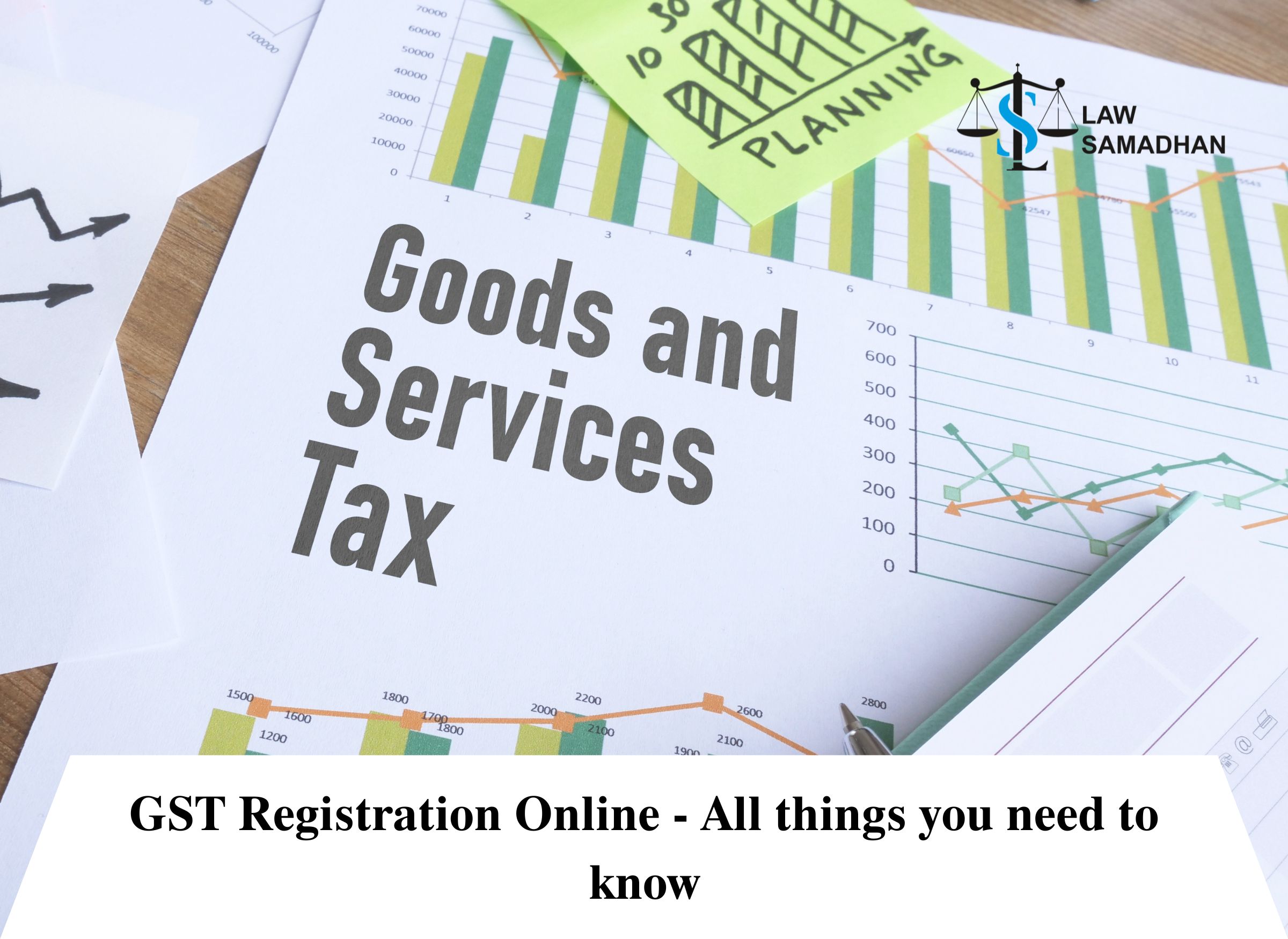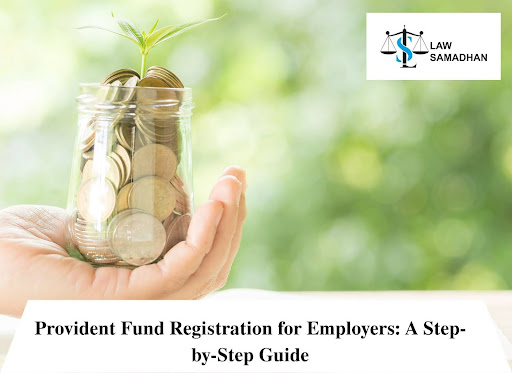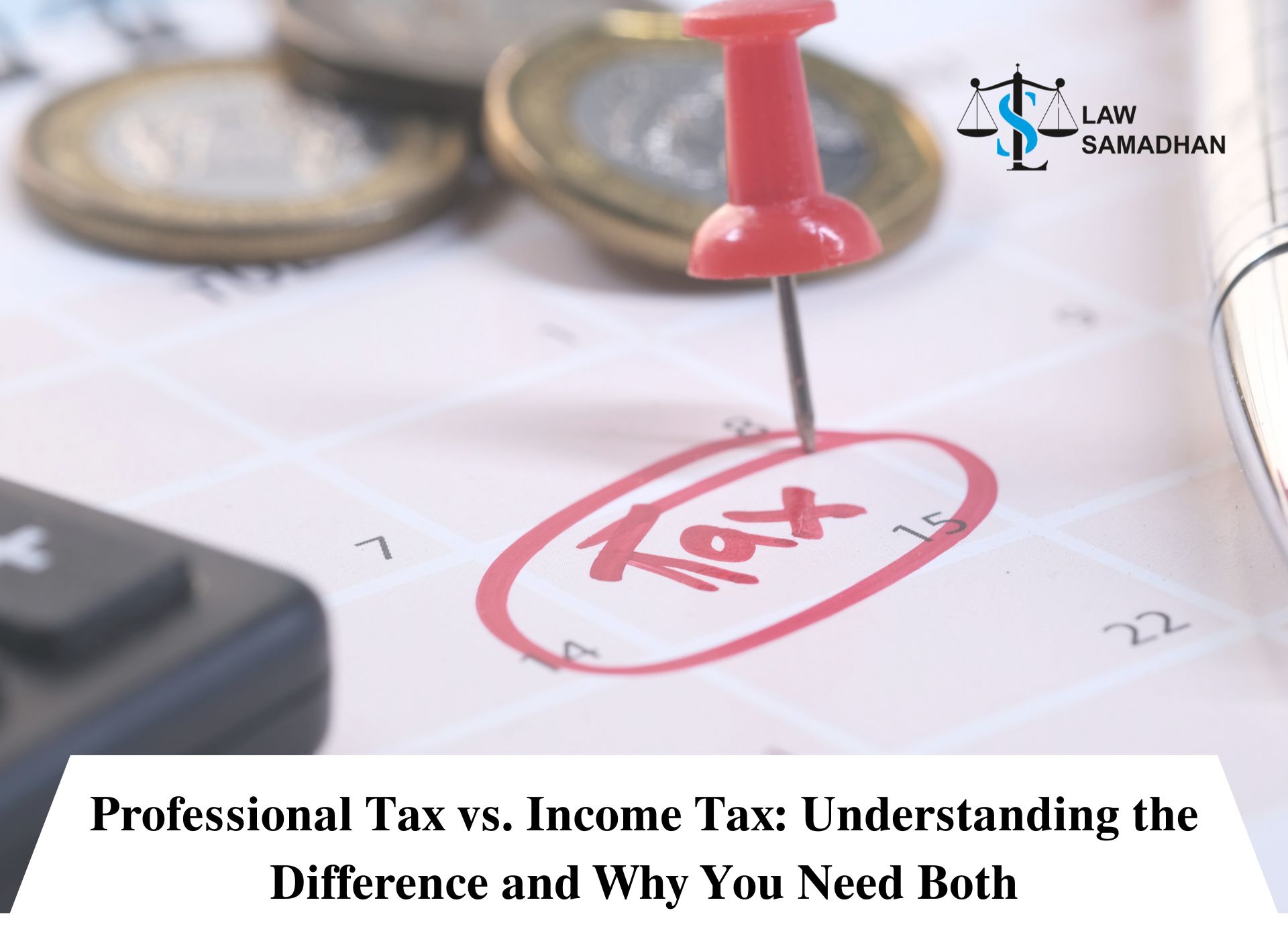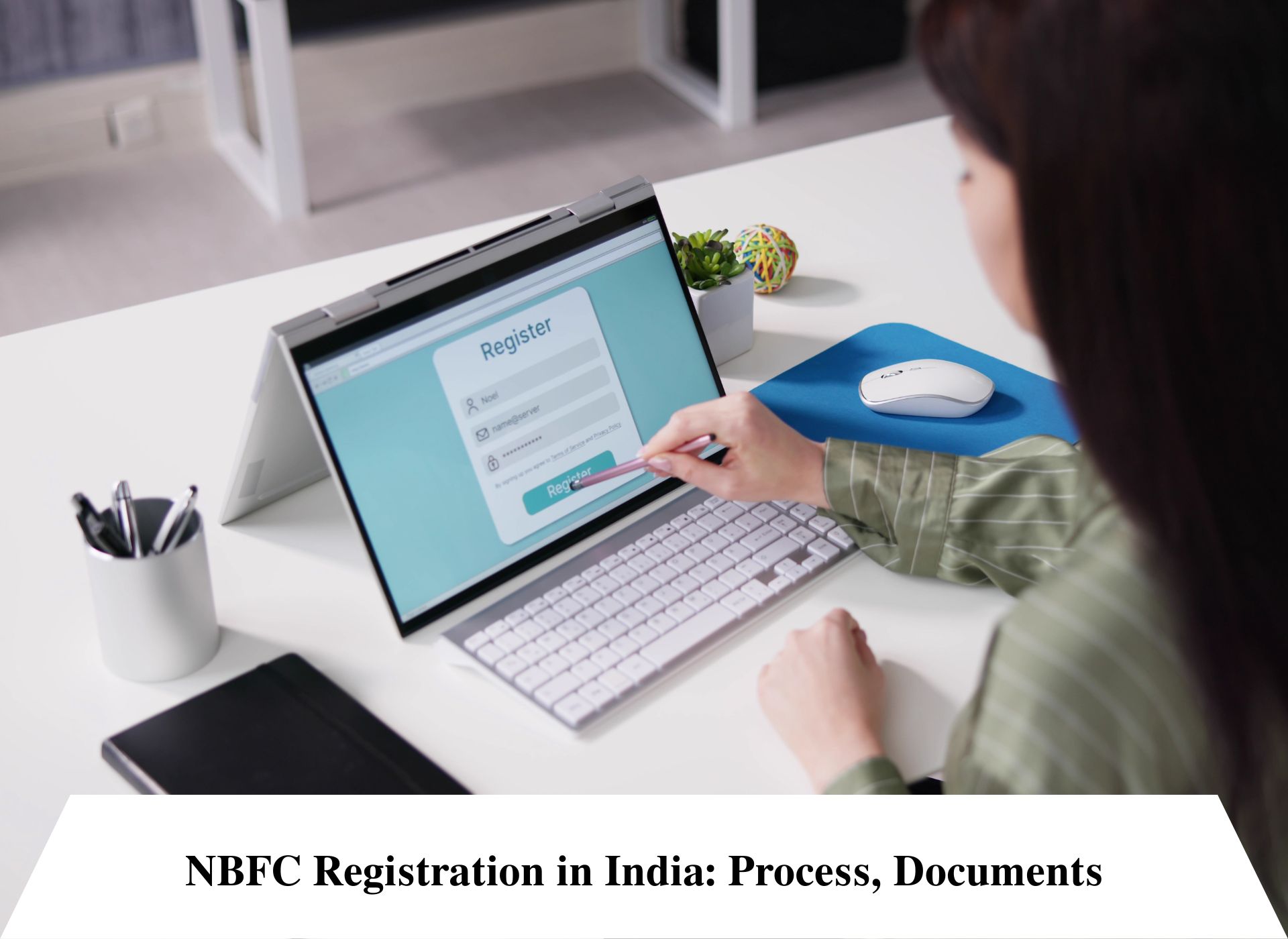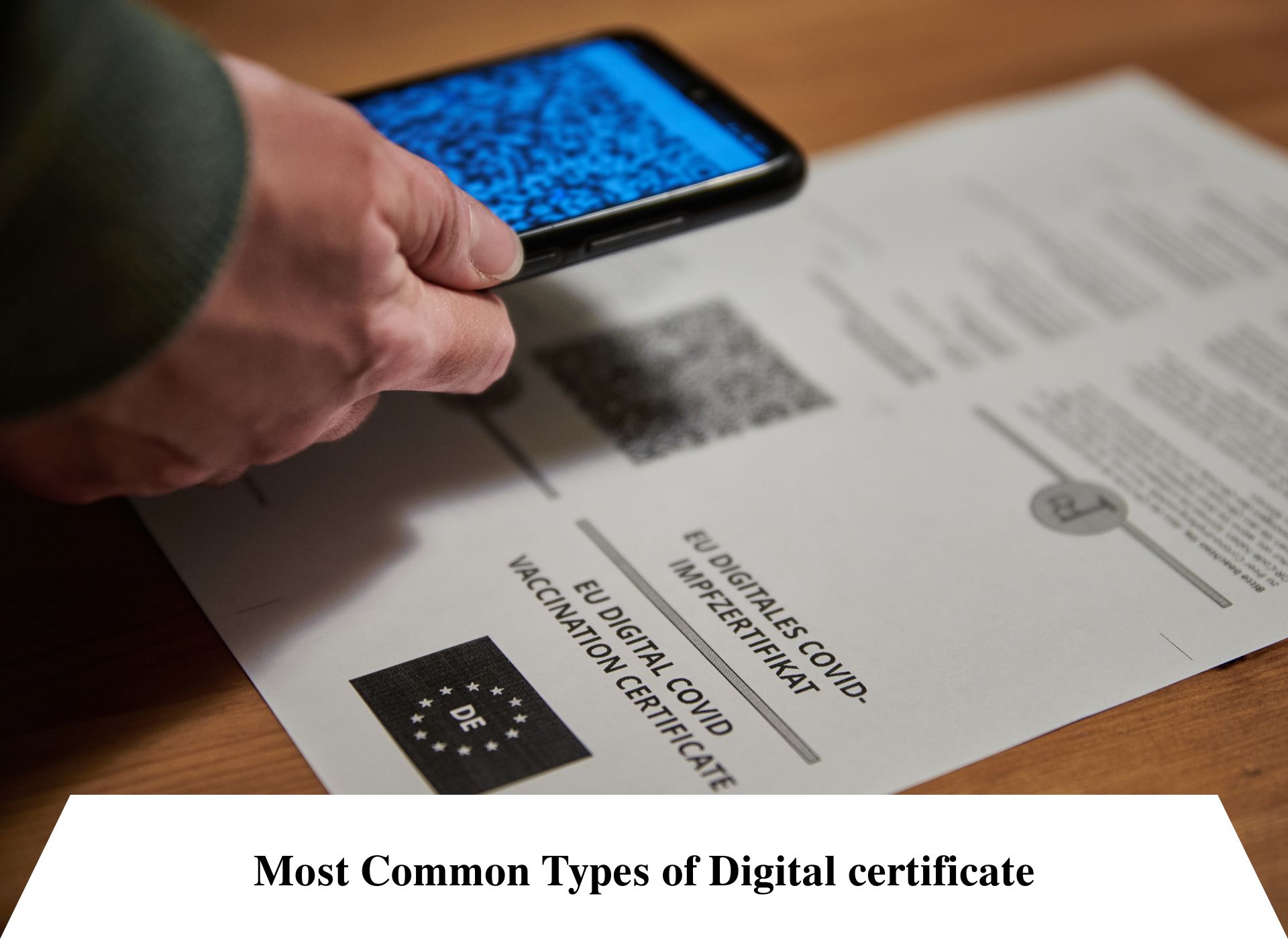Are you an aspiring entrepreneur looking to start your own business in India? One of the simplest and most popular business structures to consider is a sole proprietorship. This blog will guide you through the process of registering a sole proprietorship in India, step by step. Whether you’re a budding entrepreneur or an individual seeking to convert your existing business into a legal entity, this guide will help you navigate the legal requirements and get your business up and running.
Understanding Sole Proprietorship
Before delving into the registration process, let’s start with some basics:
1. Compliance and Taxation
Ensuring compliance with tax laws and regulations is crucial for the smooth operation of your sole proprietorship:
2. Licenses and Permits
Depending on your business activities and location, you may need additional licenses and permits. Here are some common ones:
What is a Sole Proprietorship?
A sole proprietorship is the simplest form of business organization in India. In this structure, a single individual owns and manages the entire business. It is the easiest and most cost-effective way to start a business.
Key Benefits of a Sole Proprietorship:
Easy to Start: Minimal legal formalities and paperwork make it accessible to everyone.
Full Control: You have complete control over your business decisions.
Minimal Compliance: Fewer regulatory requirements compared to other business structures.
Key Drawbacks:
Unlimited Liability: Your personal assets are at risk in case of business debts or legal issues.
Limited Growth Potential: It can be challenging to raise capital or expand the business.
Steps to Register a Sole Proprietorship
Now, let’s explore the steps to register your sole proprietorship in India:
Step 1: Choose a Business Name
Your business name should be unique, easy to remember, and not infringe on any trademarks. Ensure it reflects your business activities.
Step 2: Obtain a PAN Card
You’ll need a Permanent Account Number (PAN) card for taxation purposes. Apply for one from the Income Tax Department.
Step 3: Open a Current Bank Account
Visit a bank of your choice and open a current bank account in your business name. This will help separate your personal and business finances.
Step 4: Register for GST (Goods and Services Tax)
If your annual turnover exceeds the threshold limit, you must register for GST. This is mandatory for most businesses in India.
Step 5: Local Business Licenses
Check with your local municipal authority for any specific licenses or permits required to operate in your area.
Step 6: Industry-specific Permits
Certain industries, such as food, healthcare, and education, may require specialized permits and certifications.
Step 7: Shop and Establishment Registration
If you have a physical storefront or office, register it under the Shops and Establishment Act applicable in your state.
Step 8: Maintain Proper Accounting Records
Keep accurate records of your business income, expenses, and transactions. This will help during tax filings.
Step 9: File Income Tax Returns
As a sole proprietor, your business income is considered your personal income. File your income tax returns accordingly.
Step 10: Annual Compliance
Stay updated with changes in tax laws and comply with any annual reporting requirements.
FAQs
What tax benefits are available to sole proprietors?
Sole proprietors can claim deductions on business-related expenses, reducing their taxable income.
Is it necessary to hire an accountant for tax filings?
While not mandatory, hiring a professional accountant can help ensure accurate and timely tax filings.
What is the cost of obtaining local business licenses?
The cost varies depending on the type of business and your location. It’s advisable to inquire with your local authorities for precise information.
How long does it take to get industry-specific permits?
Processing times can vary significantly, so it’s essential to apply well in advance to avoid delays.
Can a sole proprietorship have employees?
Yes, a sole proprietorship can hire employees to assist with business operations.
Is a sole proprietorship suitable for all types of businesses?
While it works well for small businesses and freelancers, it may not be ideal for larger enterprises or those seeking significant external funding.
Conclusion
Starting and registering a sole proprietorship in India is a straightforward process. By following the steps outlined in this guide and staying compliant with relevant laws and regulations, you can set up your business with ease. Remember that while a sole proprietorship offers simplicity and control, it also comes with certain responsibilities. Always seek professional advice when in doubt, and your entrepreneurial journey will be off to a successful start.
If you have further questions or need assistance with the registration process, consider reaching out to legal experts or using the services provided by Law Samadhan to make your journey as a sole proprietor in India a seamless one. Good luck with your entrepreneurial venture!

